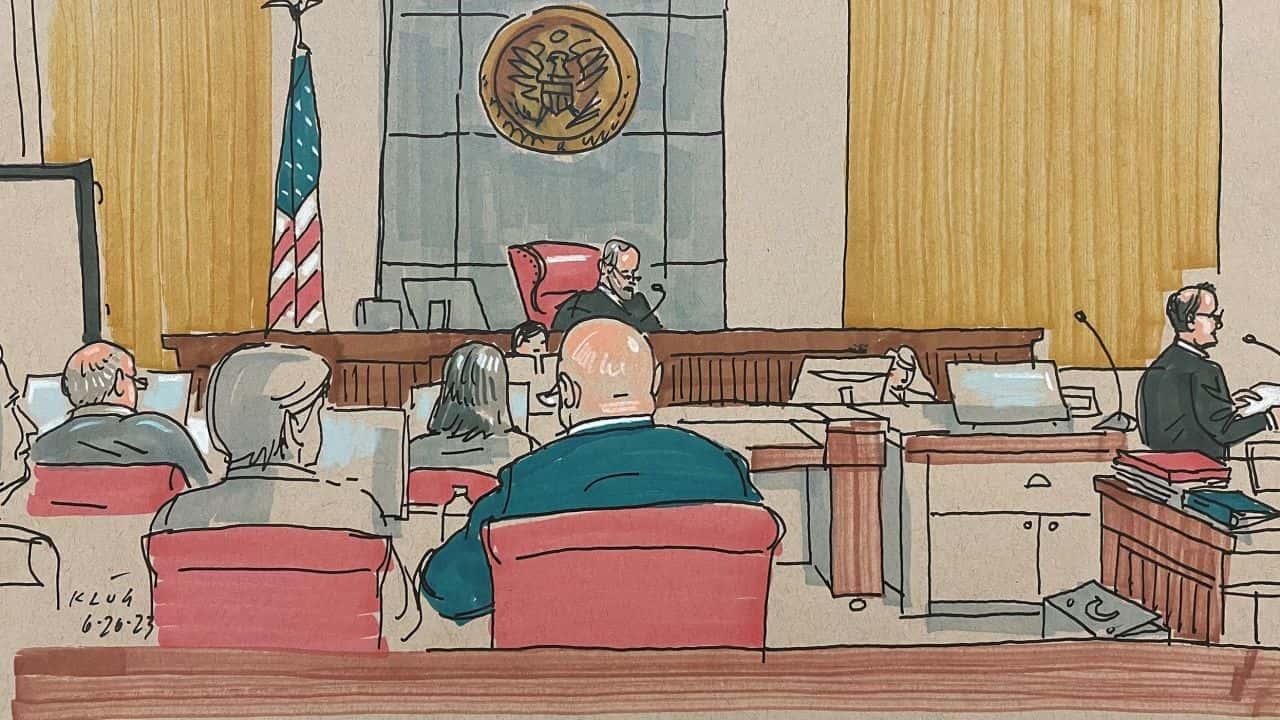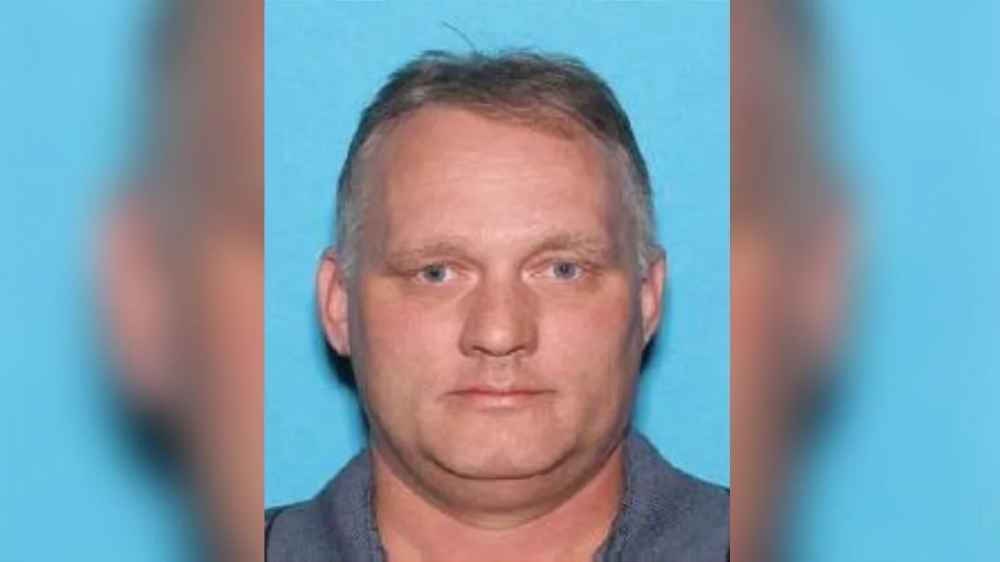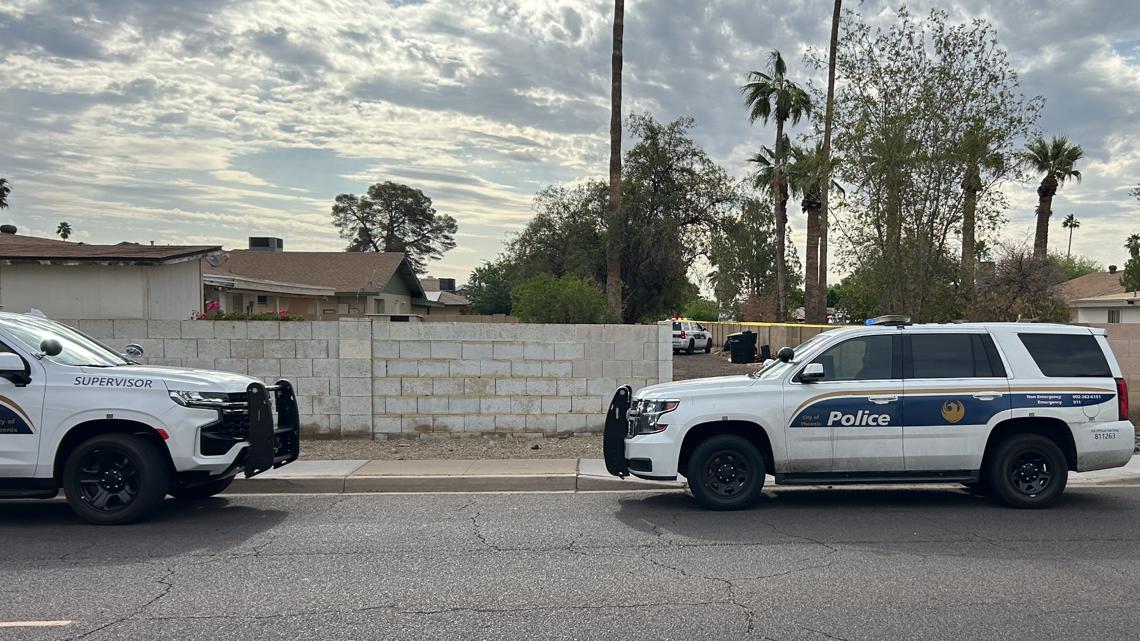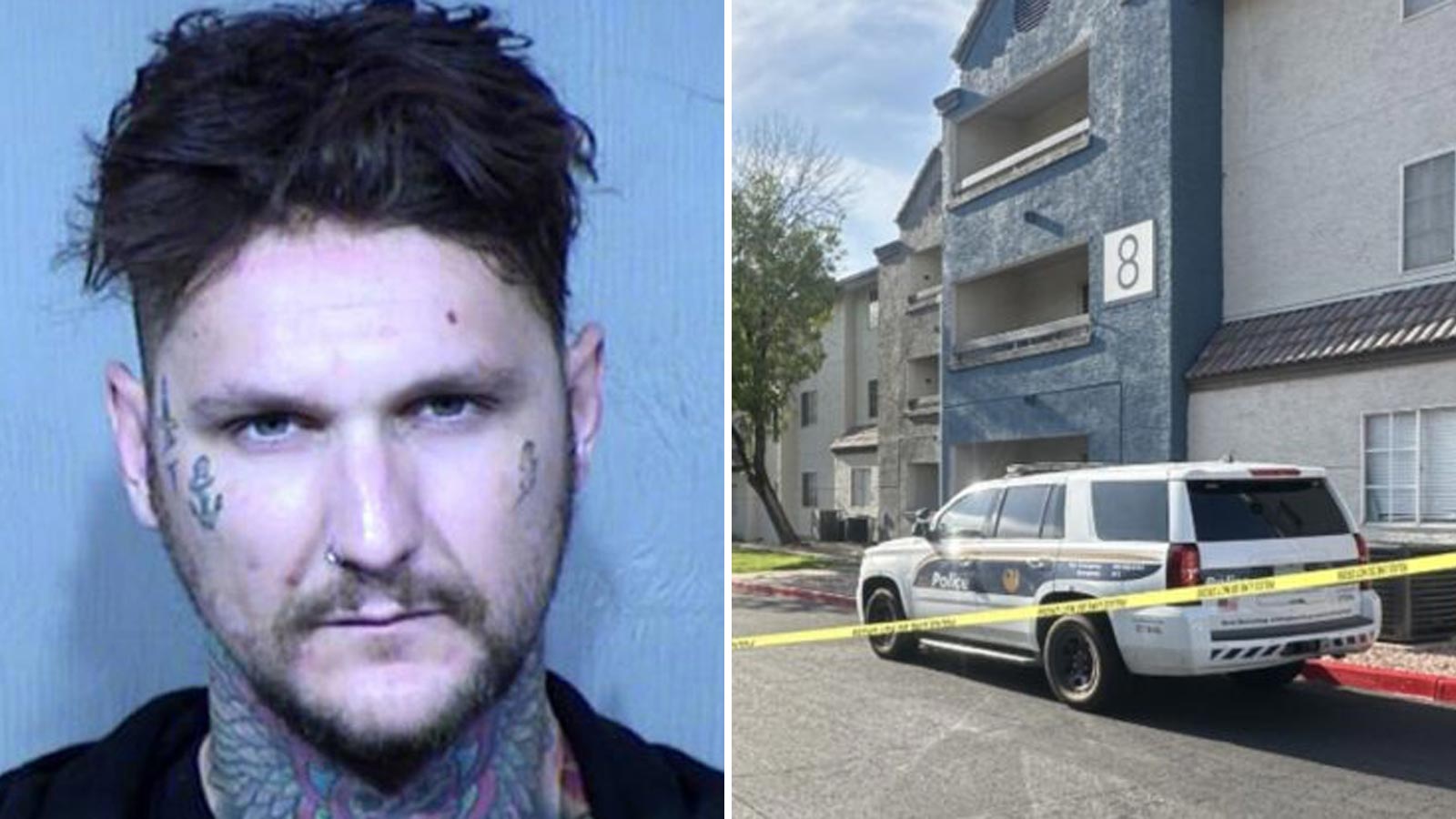Testifying on Wednesday, a neurologist, Dr. Siddhartha Nadkarni, revealed that the shooter had made multiple suicide attempts in his youth, had been involuntarily committed several times, and suffered from schizophrenia and epilepsy.

During the ongoing death penalty trial of the Pittsburgh synagogue shooter, new evidence has emerged regarding the defendant’s mental health
Dr. Nadkarni described the shooter’s distorted perception of the world, stating that he had difficulty assessing reality and lived with a constant sense of threat and paranoia. The neurologist also noted the presence of delusional beliefs and the shooter’s inability to process information correctly.
The defense team presented this medical testimony to argue against the death penalty, asserting that the shooter’s severe mental health issues warranted a sentence of life in prison instead. In response, the prosecution highlighted the meticulous planning involved in the mass shooting and emphasized the shooter’s explicit intent to target Jewish individuals, as evidenced by his own words: “All Jews had to die.”
The shooter, Robert Bowers, was found guilty on June 16 of all 63 charges brought against him, including the killing of 11 worshippers and the injuring of six others at the Tree of Life synagogue in Pittsburgh in October 2018.
This attack stands as the deadliest act of violence against Jewish people in the history of the United States
The trial’s current phase focuses on determining the punishment for Bowers. It consists of two parts: the eligibility phase and the sentencing phase. In the eligibility phase, the jury assesses whether the death penalty is applicable, while the subsequent sentencing phase will determine the final outcome, expected to take four to five weeks.
Notably, the defense refrained from calling witnesses during the guilt phase of the trial. However, they presented four doctors, including Dr. Nadkarni, on Tuesday to provide insight into the shooter’s psychological issues, which have plagued him since childhood. The neurologist described Bowers’ troubled history, with evidence from medical records dating back to 1985 documenting suicidal tendencies, involuntary commitments, and repeated suicide attempts.




